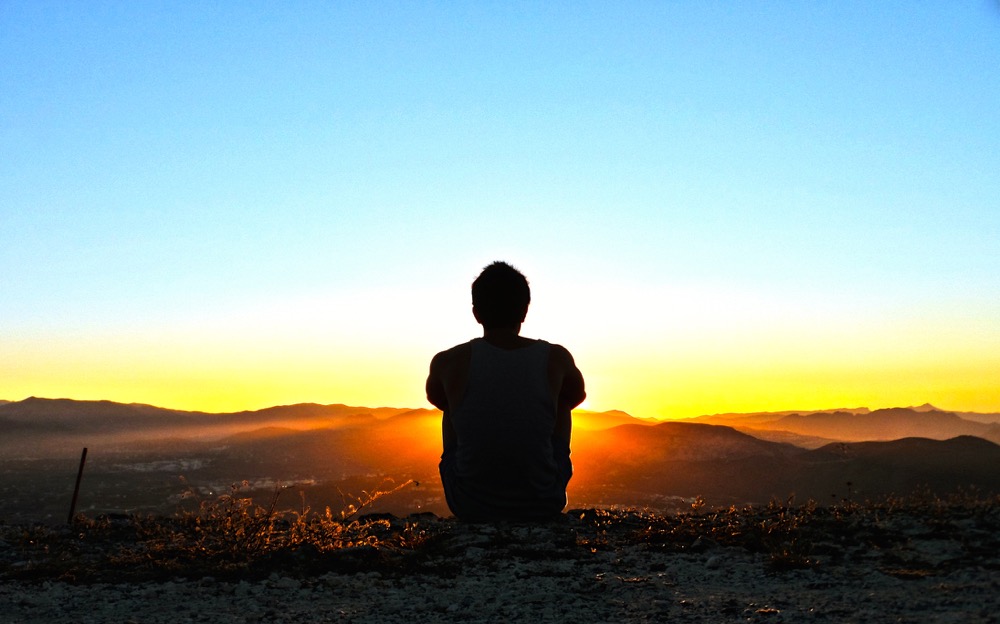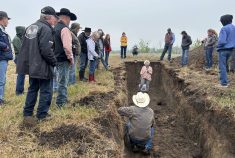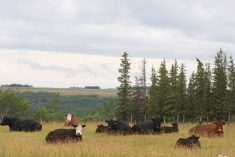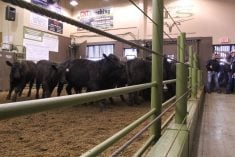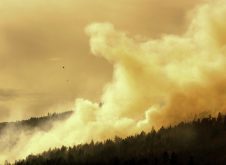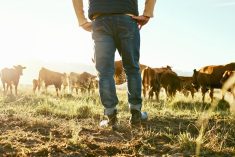In 2021, right before American Thanksgiving, I boarded a plane for Houston, Texas, to spend four weeks with a loved one who was fighting cancer, and who had no family or friends in the area. She was not technically my sister, but she was like one, and so that’s how I’ll refer to her.
There was very little I could control about the situation, which was making me a bit crazy, and I was worried about hurricanes and flooding. So I packed a collapsible camping lantern, just in case the power went out. I also packed a Leatherman, because you never know when you might need a Leatherman.
Before this, I had always thought of my health as my most important asset — a lesson learned from a business communications prof when I was in grad school years ago. I still think of health as something to invest in, to maintain. But life has a way of reteaching those earlier lessons.
Read Also
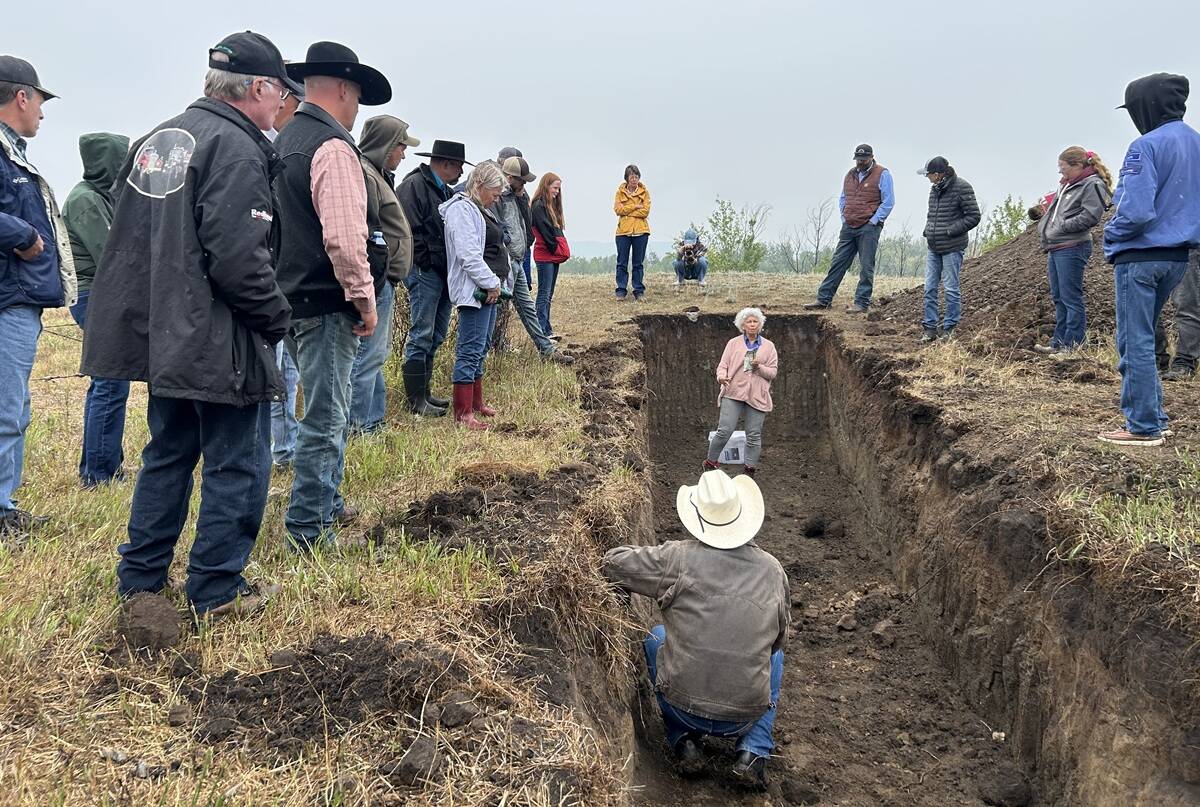
Improving soil health on the ranch
Yamily Zavala, PhD, talks soil health for farmers and ranchers at a grazing club field day at Paradise Hill, Saskatchewan.
After seeing, up close, someone I loved struggle mightily against such a terrible disease, I realized there was something more important than health. It’s the people in our lives, who care about and love us. I know many readers would say faith trumps all this, but I don’t know that faith and love can be pulled apart.
In Houston, we spent hours every week in the MD Anderson Cancer Center, and I wondered how people could work with patients facing such terrible diseases, day after day, and not break in half. I learned I hate cockroaches more than any other creature on this planet. After watching my sister struggle to eat, or keep down what she ate, my whole perspective on food shifted.
But what really became apparent to me there, and what I struggled with for several months afterwards, was that I couldn’t “fix” the situation, no matter how smart I thought I was or how hard I tried. I was aware of my own imperfections and frustrations, but I couldn’t entirely rid myself of them, either. All I could do was be there.
I am not a parent, but I imagine parents must feel like they’re not enough, at least some of the time. Especially when they’re trying to run a ranch, raise kids and perhaps work in town as well. I don’t really know how you all do it, and I’m sure you have many moments that are not worthy of Instagram. Just know that we all muddle along, and it never looks as good in real life as it does on social media.
Our cover story in the March issue, written by Tara Mulhern Davidson, outlines the various ways rural families are finding child care so both parents can work on the farm or ranch. Reading this, it struck me how farmers and ranchers prove themselves, once again, to be both creative and practical. Child care is vital to keeping farm kids safe and thriving, and we feel like we’ve only scratched the surface, so please feel free to reach out to us if you have ideas or feedback.
Of course, many farmers and ranchers hope their kids might want to take over the operation one day. In that vein, Melissa Jeffers-Bezan has a third story on succession planning in this issue, this time dealing with mental health. Succession planning is not only stressful but requires people to take on new roles. If you’ve been a rancher your whole life, you may find it hard to hand the reins to the next generation because it may seem like a loss of your identity. It’s a lot for families to sort through, and it can be very hard on relationships. Again, I think it helps to remember what your priorities are, including your relationships. And if you find yourself in some sort of big life transition, I’d suggest checking out Kelly Sidoryk’s Depth of Field column in our March issue as well.
As for me, my experience in Houston triggered a mid-life transition quite similar to what Sidoryk wrote about for our March issue (and in fact, I suspect I’m still in the midst of it). There was something about watching my sister suffer profoundly, yet still find moments of joy, that changed me forever, especially given what happened afterwards.
This story doesn’t have a happy ending. She died right after Christmas, about a week after I got home. She was far too young and full of life, and everyone’s hearts broke. I felt horrible for leaving her. For the next year, every time I’d pass certain milestones, I’d think of her and wish I could go back in time to warn her or at least see her, as though time was a river, and she was just stuck upstream somewhere. And then I started to make some very hard choices that I needed to make, and to lean on my loved ones.
Several months after I’d gone to Houston, I came across the camping lantern I’d carried with me. Why had I brought it? It seemed illogical, given everything else I was facing at the time.
A friend shared some wisdom about taking care of ourselves. Then I thought of something another dear friend had said to me years earlier, when I was facing another hard situation. “You have so much light on your doorstep,” she’d told me.
And I realized I packed the lantern because I needed it. I needed the light, to get me through the dark, and guide me home.
Wherever you go, don’t forget your light.


